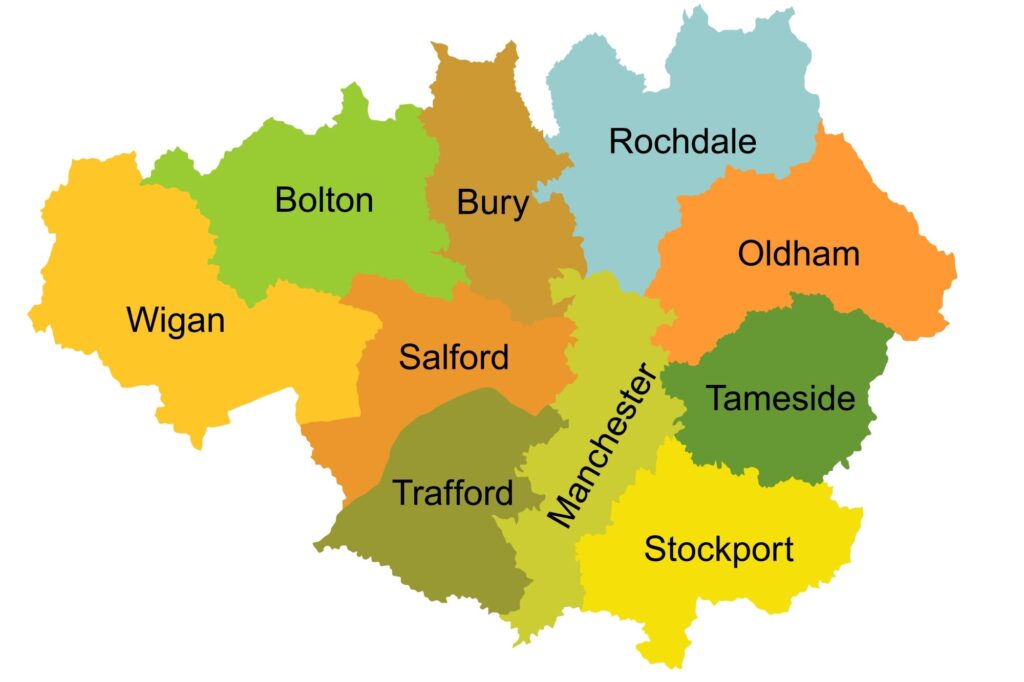In recent years there has been no shortage of reports about how bad austerity is and how it is affecting the poorest the most. However, while much of this is well meaning, it is short on what we need to do differently.
In the new manifesto for local economies, the Centre for Local Economic Strategies (Cles) sets out ideas which breaks out of this austerity narrative and the present timidity of some proposed alternatives. For us, decent public services and fairness work with and for prosperity and against poverty and inequality. Cles draws on a range of experiences to reclaim a local economics which work for social justice.
The problems we face are due to a local economic policy which is falling woefully short. Local economic thinking is following a well-trodden path – assuming that once investment capital is enticed and landed, wealth creation will flourish, the supply chain will benefit and local jobs will be secured. But these assumptions are not borne out by reality. Some strain to make sure that growth delivers jobs, but this is not assured and some of the jobs being created are insecure, poorly paid and part-time. Increasingly any economic recovery is looking geographically and socially skewed, with a growth in inequality, poverty and polarisation.
Local economic thinking has been captured by a sterile austerity narrative, with an assumed trade-off, in which future prosperity is predicated on cuts to public services. This is folly. Public services are inputs into economic productivity and local economic health. Cut those and you cut the very thing which nourishes sustainable economic development.
We have also seen the abandonment of efforts to rebalance the economy locally or nationally. Market forces are increasingly left to determine the economic and social landscape. Under this laissez-faire approach, the prosperity of the UK is being shaped by wherever spatial agglomeration is greatest and productivity rewards are highest – namely in London and other major cities. Cities which, while economically better off, are also home to growing inequality and poverty, with a new working precariat.
The Manifesto for Local Economies calls for a number of things including:
- A scaling backing of austerity with a real terms growth in resources to local government. This includes proposals to increase resources to local public services, rather than cut them.
- Comprehensive equality assessment to any public service cuts.
- An end to uniformity of cuts, with an appreciation that some areas need more resource than others.
- More local control, with a comprehensive constitutional conversation involving the social sector as a well as citizens and thus ending the willy-nilly asymmetry which is threatening to exacerbate inequality.
- ‘Whole Local Place strategies’ involving public, commercial and social players to construct local social contracts for tackling poverty and inequality.
- Comprehensive monitoring of public sector spending in local areas and through local supply chains.
- New locally steered employment programmes and the full devolution of skills to local areas.
- More local joined up approaches to reduce health inequalities.
This manifesto offers policy solutions which present an antidote to austerity, enable an economy for all and offer new hope. Instead of haphazard constitutional change, weakening public services, and growing disadvantage this manifesto offers constitutional clarity, strong public services and ideas for tackling inequality and poverty.
- The Manifesto for Local Economies is here.

















It would have been really good to do this as a collaboration with other local economy organisations – a greater collective voice?
I would not consider “economic prosperity” from govt services provided, as these are public sector service outcomes. I would distinguish between public sector terms & private sector terms. I would use socioeconomic prosperity indicators (developed via consensus) in those geographical areas of greatest need by which to measure true progress, i.e. rise in household income, growth of consumer expenditures, wage growth by industry sector, growth of the tax base, etc. Why not use a benchmarking system which tracks these priority concerns, which reveal where one stands on a month-to-month basis, learning what works & why, or vice-versa?
All the best!
I agree with your title but the track record of the public sector in creating private sector wealth creation has been woefully inadequate. We are failing to harness the potential of the local community by providing models that are all back to front. That is why only a few succeed and so many fail.
Thanks for comments. Always good to interact in this way.
Karen. No surprise, but I agree with you! Certainly no wish to exclude, but the Manifesto was something organisationally we needed to do, in what is our 30th Year! I feel a collective plural manifesto including a range of organisations including yourself, is worth trying to achieve. Might be something to be thought through on the back of the alternative local economies work, we are engaged in with New Start and many other partners including yourselves?
Fernando and Chris. Fair pts. We do need a more inclusive production of measures, which details what success looks like.
Generally, I think we need to ensure that public services are respected more as part inputs to local economic success. At present, in England, the opposite is sometimes the case- with public services and resource spend seen as a barrier or hindrance. But you are right, Chris, there is an obligation that public sector transforms the way it does things, including ways in which it can create some of the conditions for economic success and shift the way it does things, including harnessing and stimulating community potential.